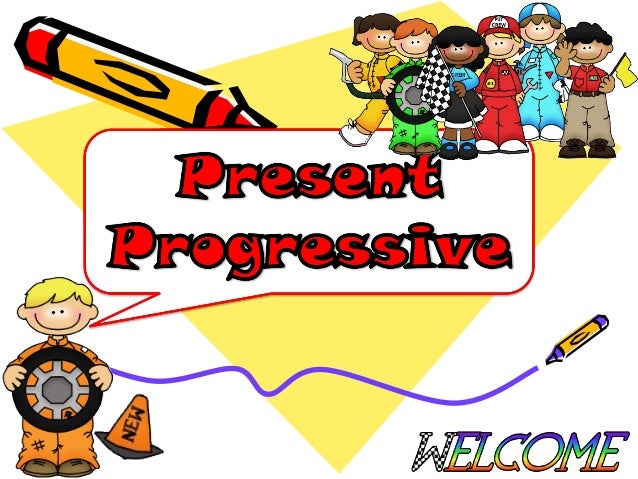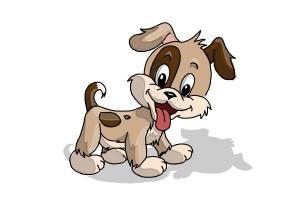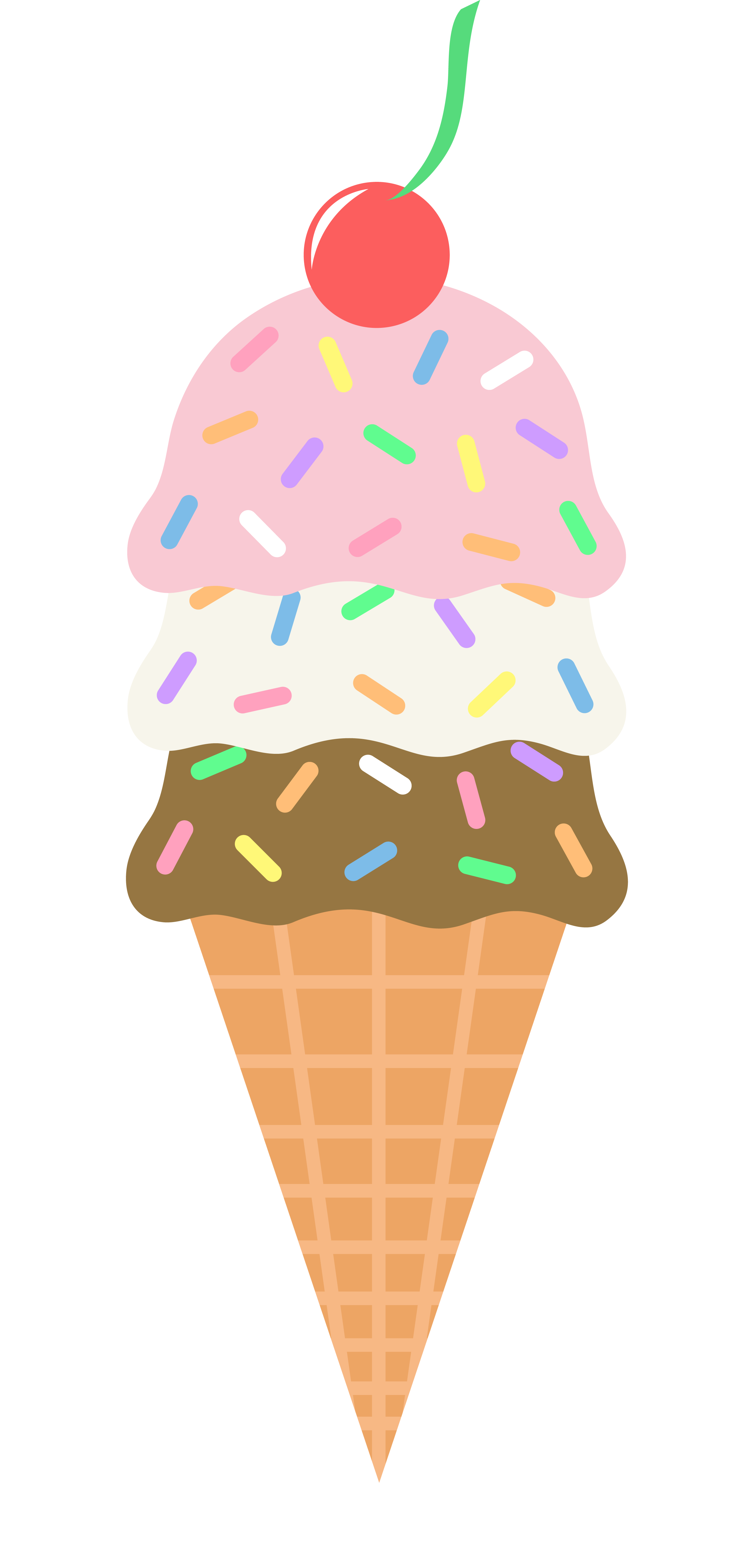Grammar Point
In the paragraph above, I spoke briefly about an activity that I did with my class. Throughout the paragraph, I used verbs to express the actions that were taking place, such as telling, creating, choosing, etc. These verbs were used in the present progressive tense. The present progressive tense is used to express something that is currently happening. Verbs in this tense typically end in -ing. They also begin with a form of "to be," such as am, is, or are.Example: I am throwing the ball. 'Am' is a form of 'to be,' which is followed by the present progressive verb, 'throwing.'
Activity Time!
Activity 1
Fill in the blanks by changing the given words into the present progressive form.
1. Sasha is ________ (practice) piano.
2. Jeremy is _______ (bake) a cake.
3. Dina is ________ (kick) the soccer ball.
4. Ally likes _______ (make) necklaces.
5. Derek and Cara are _______ (cook) dinner.
6. I am _______ (brainstorm) ideas for my paper with Nina.
7. We are _________ (listen) to music.
8. They are ______ (act) very silly.
Once you are finished, take three of the given words and create sentences of your own using the present progressive tense.
1. _____________________________________________.
2. _____________________________________________.
3. _____________________________________________.
Words to Know...
1. Create - To make something.2. Brainstorm - A group discussion to come up with ideas.
3. Ponder - To think about something before making a decision.
4. Briefly - To speak about something quickly, or using few words.
5. Accomplished - The past tense of accomplish, which means to complete something.
6. Definitely - To be sure of something.
Activity 2
Questions 1-3
Use the words from the "Words to Know..." section to fill in the blanks below. Change all of the words from the present simple to the present progressive tense.
Ex: Think -> I am thinking about it.
1. I am _________ (ponder) what dress I should wear later.
2. Jean and Clark are _________ (brainstorm) ideas for the school play.
3. She is _______ (create) a masterpiece for the art show.
Questions 4-6
Use the words from the "Words to Know..." section to fill in the blanks below.
4. I spoke ______ with Diane about lunch plans tomorrow.
5. Michelle said she likes chocolate more than strawberry. We are _______ getting her a chocolate cake for her birthday.
6. She has been listening to music all day; I don't think she's _________ much work today.
For more information on how to use the present progressive tense...
Answer Key
Activity 1
1. practicing
2. baking
3. kicking
4. making
5. cooking
6. brainstorming
7. listening
8. acting
Activity 2
1. pondering
2. thinking
3. creating
4. briefly
5. definitely
6. accomplished












